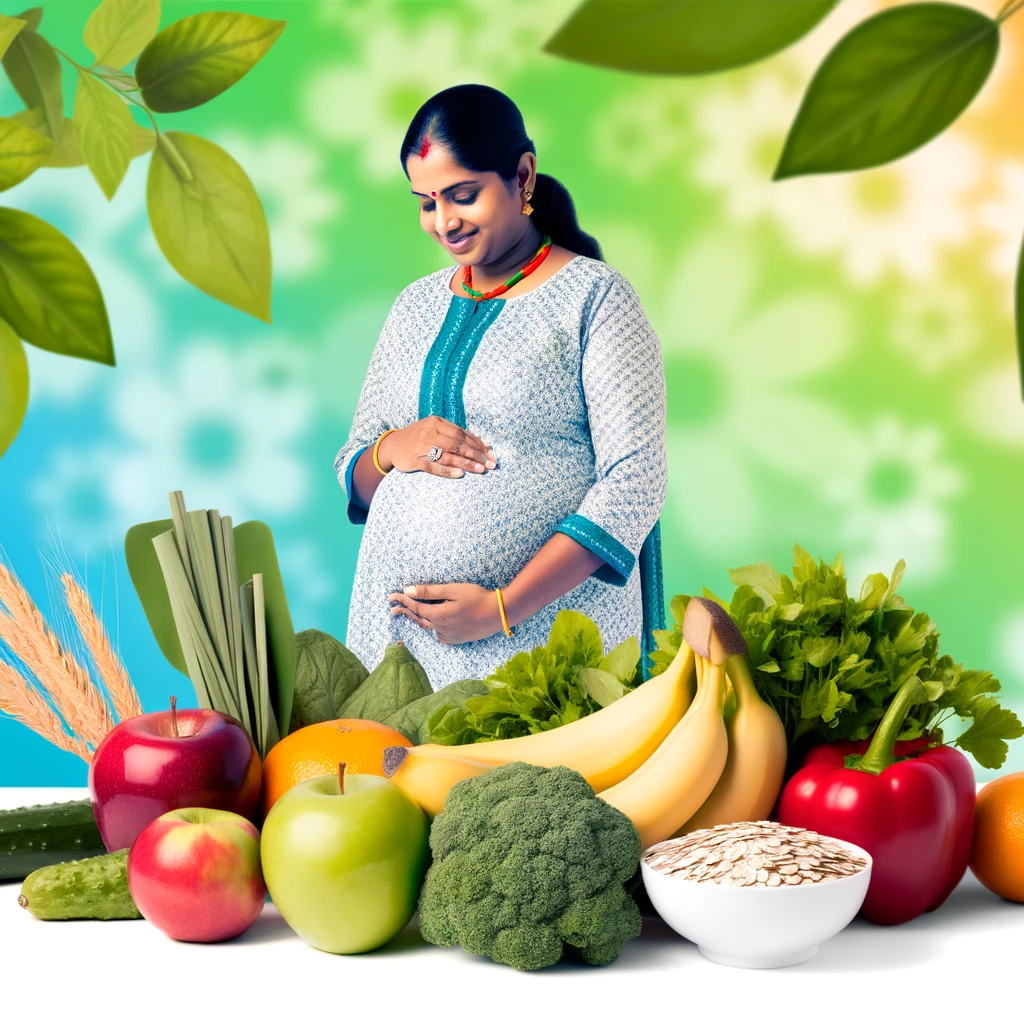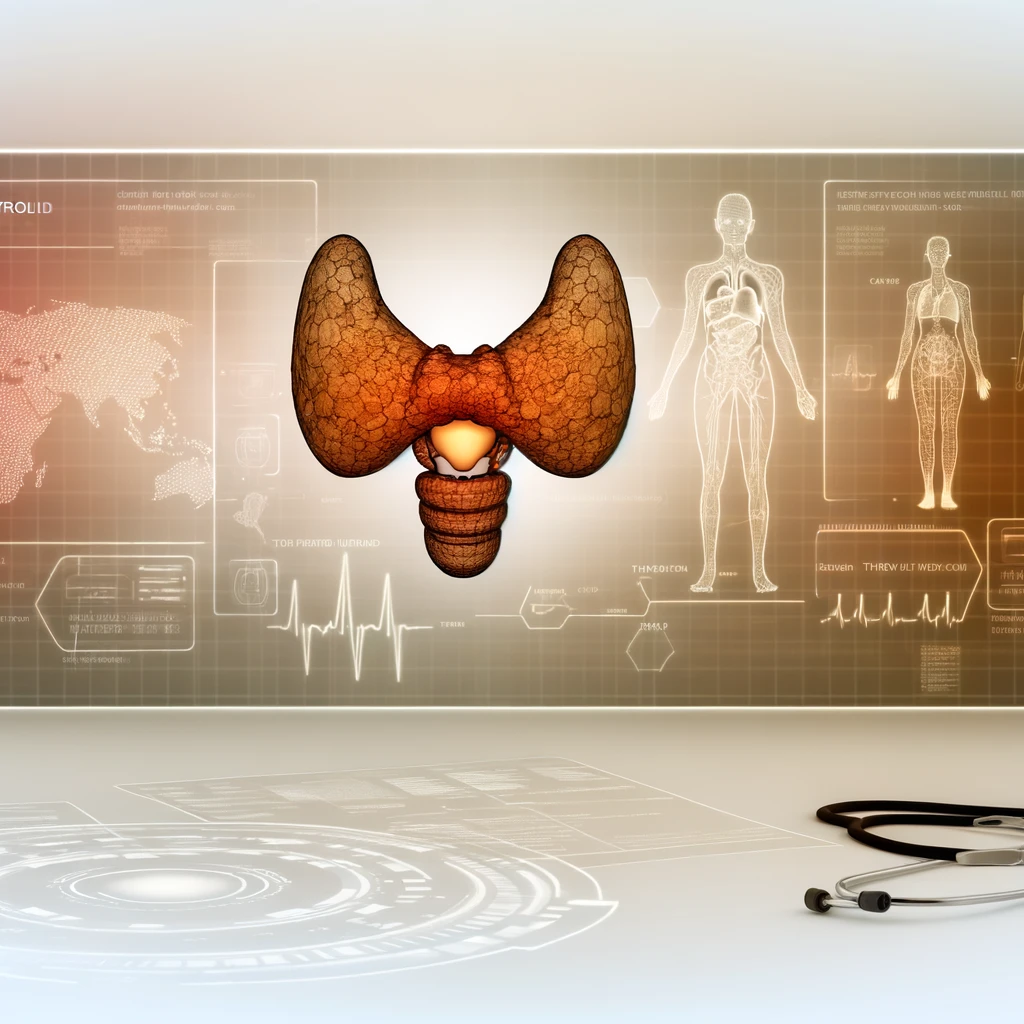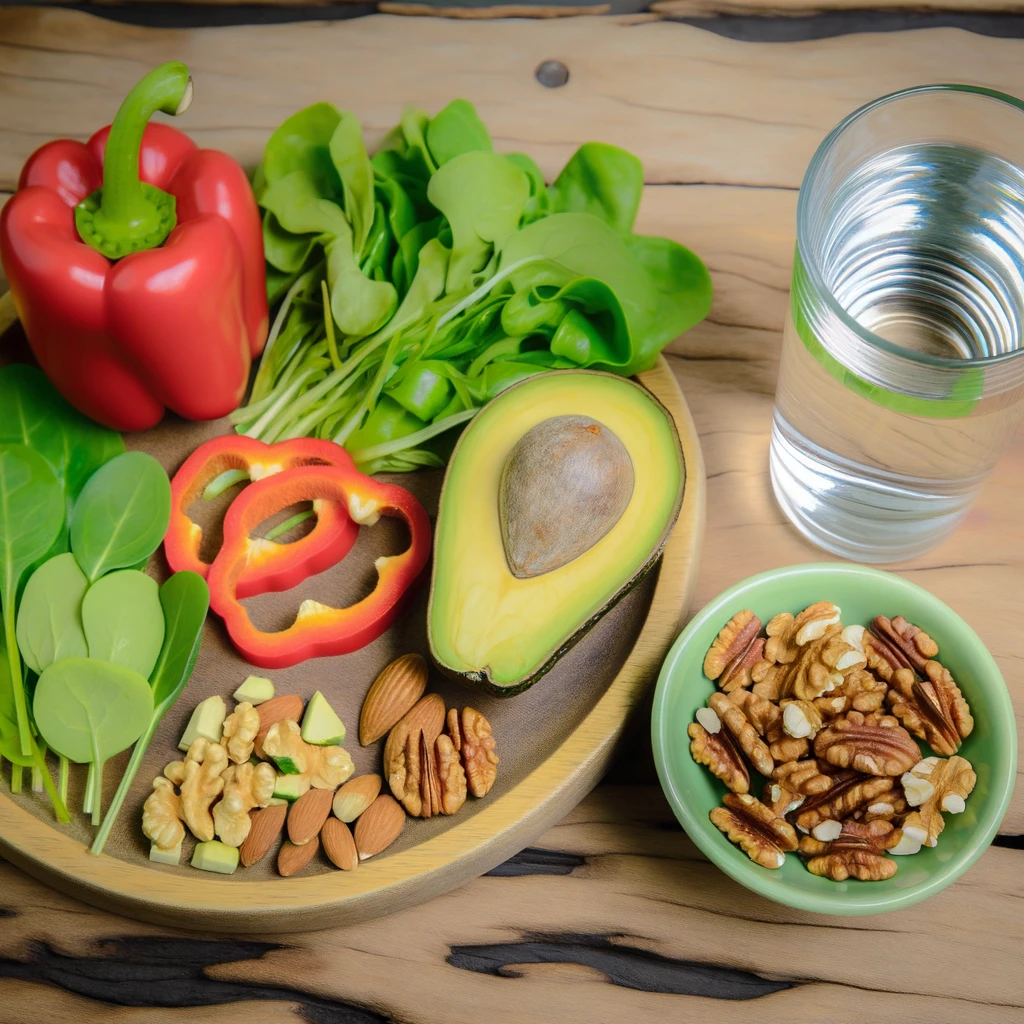
The Importance of Nutrition During Pregnancy
Pregnancy is a transformative journey that requires special attention to nutrition. Eating for two involves more than just increasing caloric intake; it demands a balanced and nutrient-rich diet to support both the mother's and baby's health.
Understanding Nutritional Needs
During pregnancy, a woman's body undergoes significant changes, necessitating increased nutrients to support fetal development. Essential nutrients include folic acid, iron, calcium, and omega-3 fatty acids. These contribute to the baby's brain development, bone health, and prevent birth defects.
Key Nutrients and Their Sources
Folic Acid
Folic acid is crucial for preventing neural tube defects. It can be found in leafy greens, citrus fruits, and fortified cereals. Pregnant women should aim for at least 400 micrograms daily.
Iron
Iron supports the increased blood volume during pregnancy. Sources include lean meats, beans, and spinach. Incorporate vitamin C-rich foods like oranges to enhance iron absorption.
Calcium
Calcium is vital for the development of bones and teeth. Dairy products, almonds, and tofu are excellent sources. Pregnant women should aim for 1000 milligrams per day.
Omega-3 Fatty Acids
These are essential for brain development. Fatty fish like salmon and flaxseeds are good sources. Ensure at least 200 milligrams of DHA daily.
Managing Pregnancy Cravings and Aversions
Cravings and aversions are common during pregnancy. It's essential to indulge in cravings in moderation and find healthy substitutes for aversions to maintain nutritional balance.
Meal Planning Tips
Planning meals can help ensure a balanced diet. Consider incorporating all food groups: proteins, carbohydrates, and fats, along with plenty of fruits and vegetables. Small, frequent meals can help manage nausea and maintain energy levels.
Hydration and Its Importance
Staying hydrated is critical during pregnancy. Water supports the increased blood volume and aids in nutrient transport. Aim for at least 8-10 glasses of water daily.
Consulting Healthcare Professionals
Regular consultations with healthcare providers can help tailor nutritional needs based on individual health conditions and pregnancy progress.
Conclusion
Eating for two does not mean eating twice as much but rather focusing on the quality of food consumed. A balanced diet rich in essential nutrients supports the health and development of both mother and baby, ensuring a healthy pregnancy journey.
Related Articles





